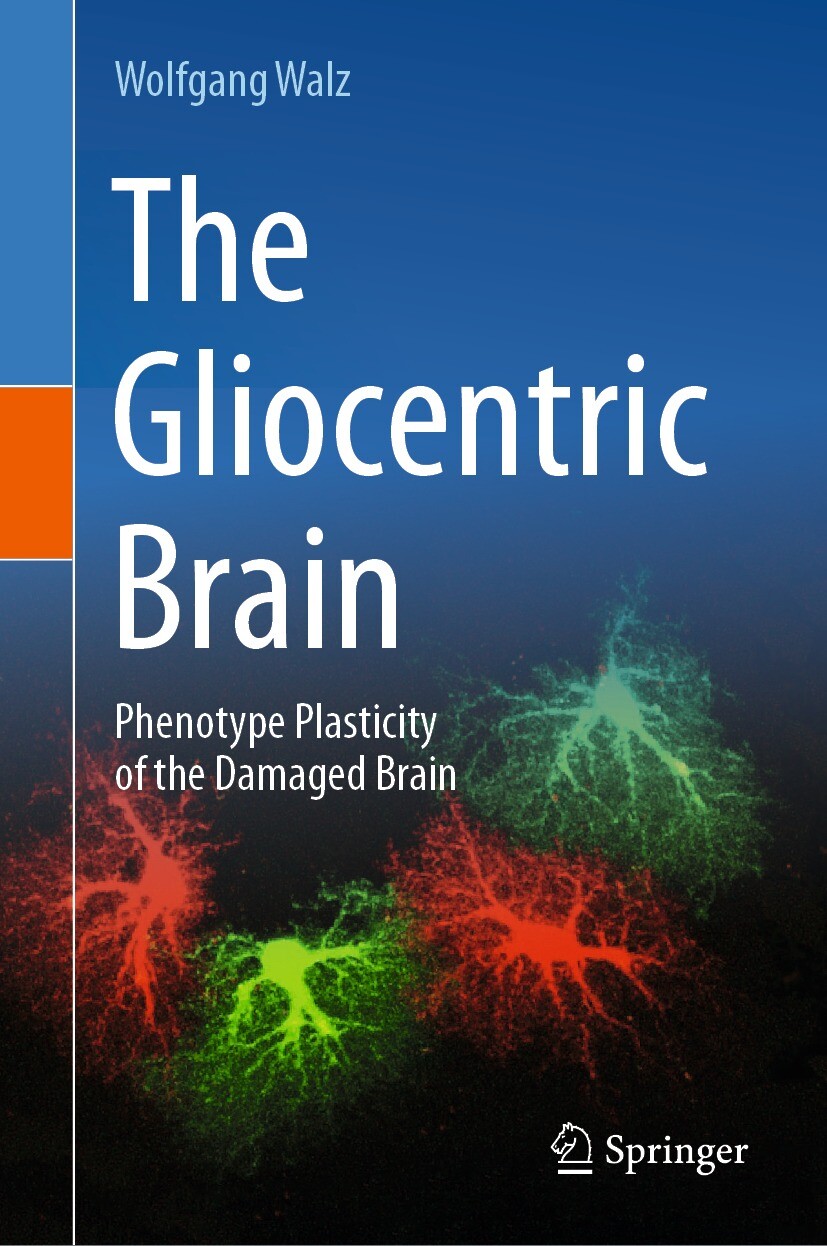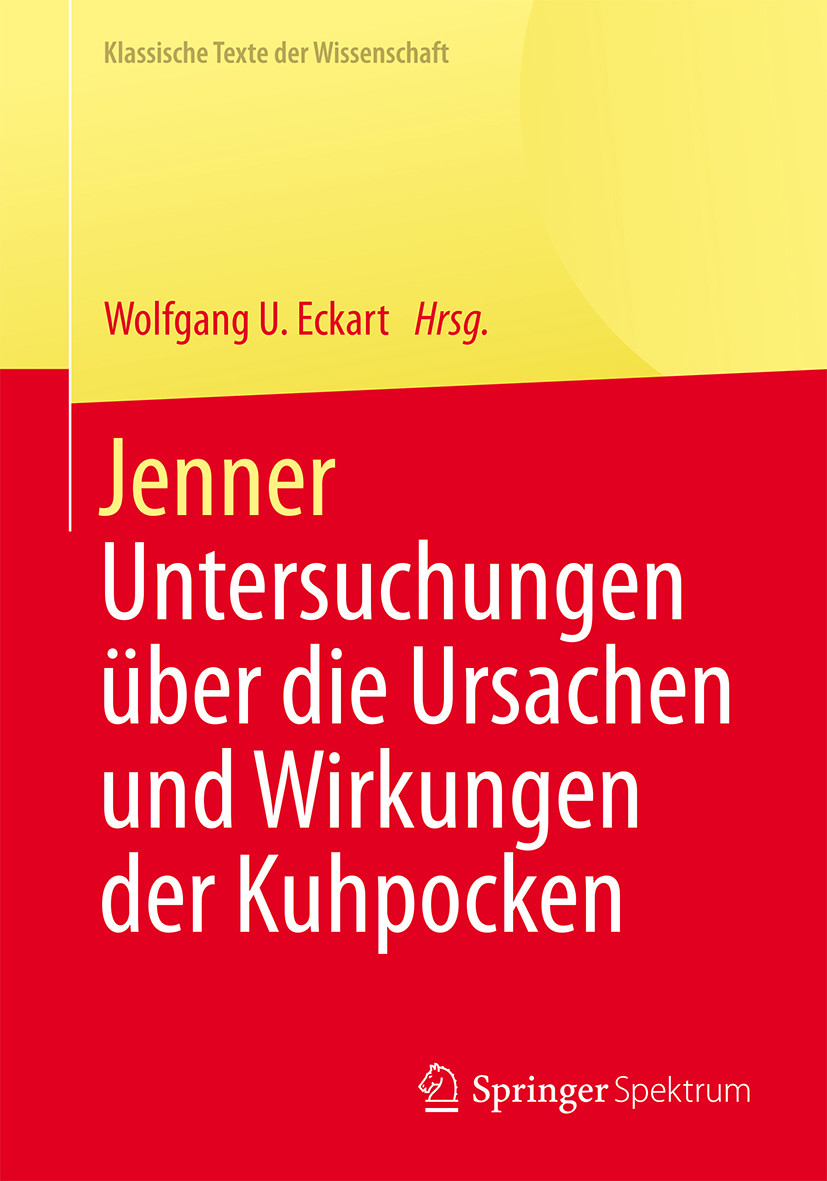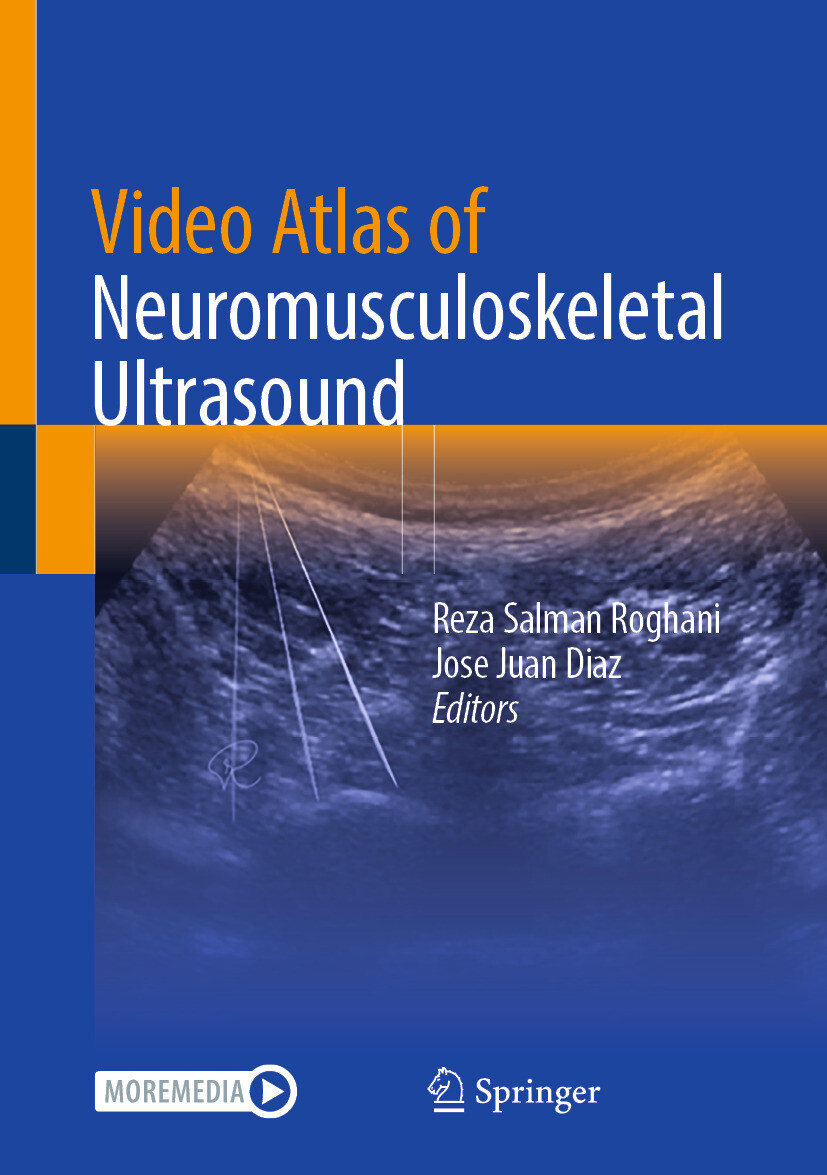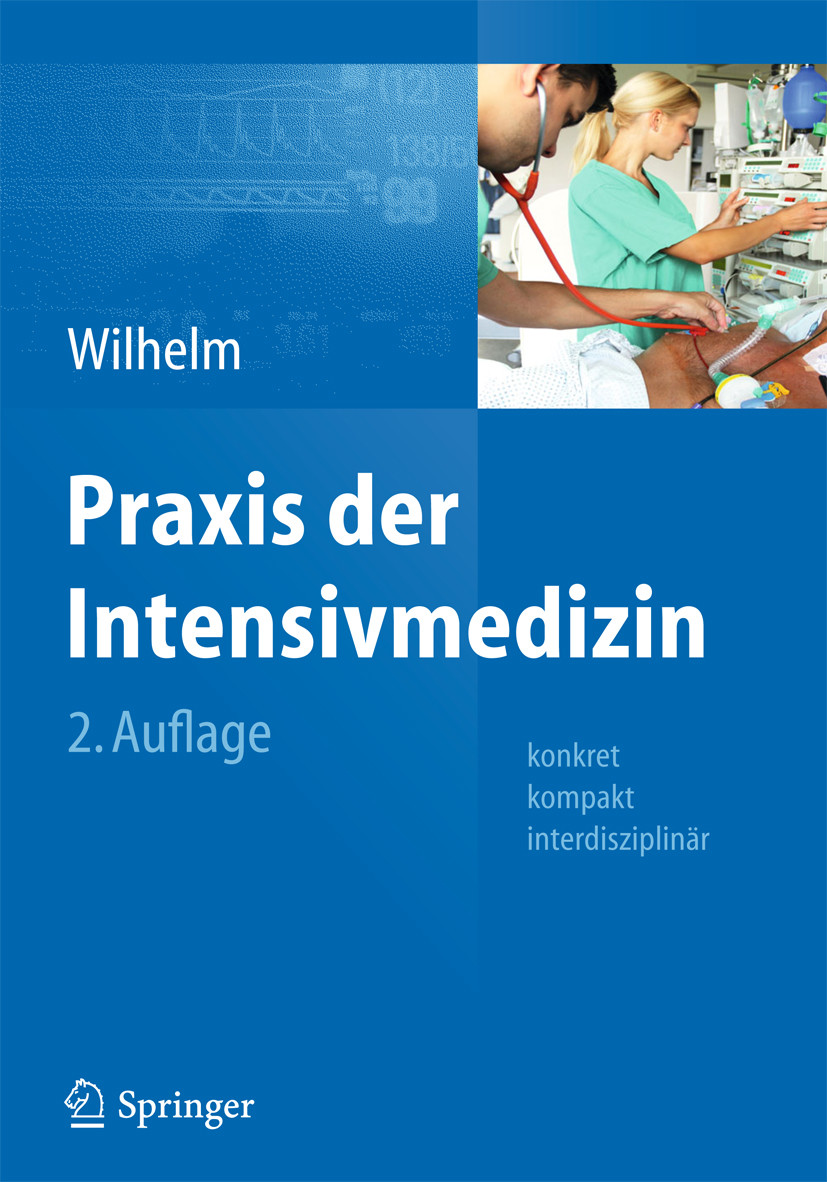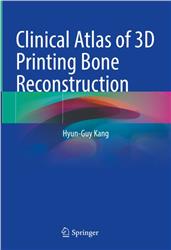The Gliocentric Brain
Phenotype Plasticity of the Damaged Brain
| Auflage | 1. Auflage, 2024 |
| Verlag | Springer-Verlag |
| ISBN | 9783031481055 |
Sofort zum Download (Download: PDF)
Produktbeschreibung
The brain is the body's most vulnerable organ due to the defined roles of neurons within circuits. Neurons are vastly outnumbered by microglia, astrocytes, oligodendrocytes, macrophages, cells of the blood brain barrier and invading immune cells. These cells display different grades of reactivities and interactions. They integrate their responses and not only change phenotypes but can also completely reprogram after damage to protect the neuronal complexity. The interactions of these satellite cells in the healthy brain are described as well as their roles in all major brain diseases. Special emphasis is put on immune system - brain interactions and regenerative and repair processes. The gliotic response is compared with the reactions to injuries of the skin and other organs. A final chapter addresses the definition of a cell type. It concludes that cell types can no longer be regarded as defined entities over the body's lifetime but are prone to phenotype plasticity and even complete reprograming.
Wolfgang Walz is Professor Emeritus of Psychiatry at the University of Saskatchewan, Canada. His PhD thesis at the Universität Konstanz described for the first time a neurotransmitter modulation of glial ion channels. He had an active laboratory focusing on glial cell function with uninterrupted external funding for over three decades. He currently resides in Victoria, Vancouver Island, and continues to engage in scholarly activities including series editor for Neuromethods published by Springer Nature.
Wolfgang Walz is Professor Emeritus of Psychiatry at the University of Saskatchewan, Canada. His PhD thesis at the Universität Konstanz described for the first time a neurotransmitter modulation of glial ion channels. He had an active laboratory focusing on glial cell function with uninterrupted external funding for over three decades. He currently resides in Victoria, Vancouver Island, and continues to engage in scholarly activities including series editor for Neuromethods published by Springer Nature.
